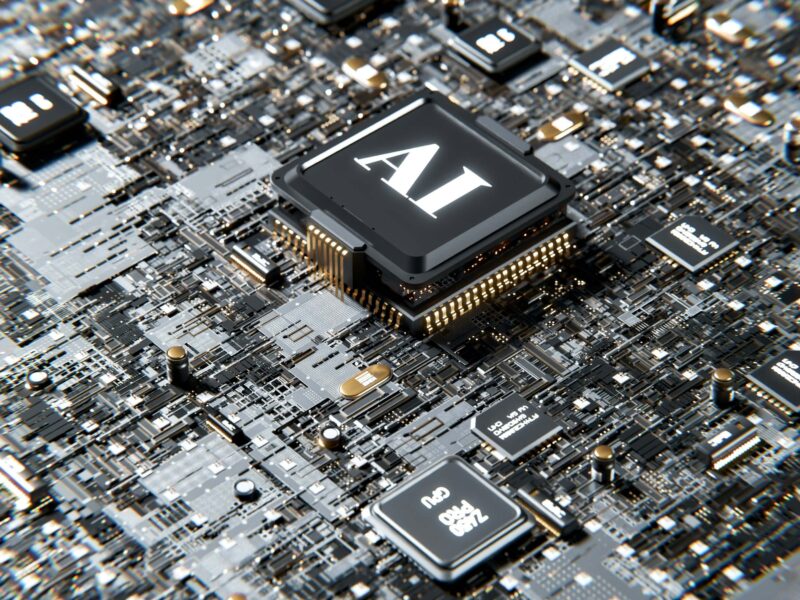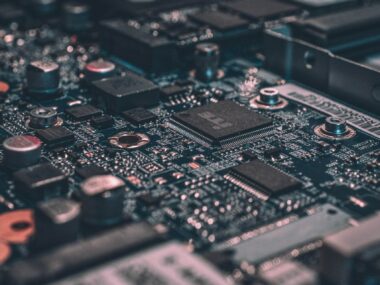Artificial Intelligence (AI) is revolutionizing industries across the globe, and healthcare is no exception. As AI advances, its integration into healthcare systems promises to transform how we diagnose diseases, manage treatments, and deliver patient care. This blog post delves into the future of AI in healthcare, exploring its potential, challenges, and the innovative strides being made.
The Dawn of AI in Healthcare
In recent years, AI has emerged as a powerhouse technology capable of analyzing vast amounts of data at unprecedented speeds. This capability is particularly valuable in healthcare, where data-driven decision-making can significantly enhance patient outcomes. From machine learning algorithms to advanced medical technologies, AI is set to redefine the landscape of modern healthcare.
The Role of AI in Healthcare
AI’s role in healthcare is multifaceted, encompassing various applications that touch nearly every aspect of patient care and medical research. Here are some key areas where AI is making a significant impact:
1. Diagnostics and Disease Detection
One of the most promising applications of AI in healthcare is its ability to assist in diagnostics. Machine learning algorithms can analyze medical images, lab results, and patient histories to identify patterns that might be missed by human eyes. For example:
- Radiology: AI algorithms can detect anomalies in X-rays, MRIs, and CT scans with high accuracy, aiding radiologists in diagnosing conditions such as cancers, fractures, and neurological disorders.
- Pathology: AI-powered tools can examine tissue samples and identify cancerous cells, enabling early detection and treatment.
2. Personalized Medicine
AI’s ability to process vast amounts of genetic, environmental, and lifestyle data allows for more personalized treatment plans. By understanding the unique characteristics of each patient, AI can help in:
- Drug Development: AI accelerates the drug discovery process by predicting how different compounds will interact with specific biological targets, reducing the time and cost associated with bringing new medications to market.
- Treatment Plans: AI can recommend tailored treatment plans based on an individual’s genetic profile, medical history, and current health status, improving the effectiveness of interventions.
3. Predictive Analytics
Predictive analytics powered by AI can forecast disease outbreaks, patient admissions, and treatment outcomes. This capability is invaluable for healthcare providers to plan resources and interventions proactively. Examples include:
- Epidemiology: AI models can predict the spread of infectious diseases, allowing public health officials to implement timely containment measures.
- Hospital Management: AI can optimize hospital operations by predicting patient admissions and discharges, ensuring adequate staffing and resource allocation.
4. Robotic Surgery
Innovation in medical technology has completely revolutionized the healthcare industry. With the emergence of machine learning algorithms and the use of artificial intelligence, medical professionals can now perform surgeries with remarkable precision and accuracy. Robotic surgery, guided by AI, allows surgeons to achieve results beyond human capabilities. The use of these systems provides enhanced visualization and dexterity, leading to minimally invasive procedures that result in faster recovery times for patients. Thanks to this breakthrough in medical technology, the future of healthcare has never been brighter.
5. Virtual Health Assistants
AI-powered virtual health assistants can provide patients with round-the-clock support, answering questions, offering health advice, and even reminding them to take medications. These virtual assistants improve patient engagement and adherence to treatment plans.
Challenges and Ethical Considerations
While the potential of AI in healthcare is immense, several challenges and ethical considerations must be addressed:
1. Data Privacy and Security
Healthcare data is highly sensitive, and ensuring its privacy and security is paramount. Robust encryption and data protection measures are essential to prevent breaches and unauthorized access.
2. Bias and Fairness
AI algorithms must be trained on diverse datasets to avoid biases that could lead to disparities in healthcare delivery. Ensuring fairness and equity in AI applications is crucial to avoid exacerbating existing healthcare inequalities.
3. Regulatory Compliance
The integration of AI into healthcare requires navigating complex regulatory landscapes. Rigorous testing, validation, and adherence to industry standards are necessary to ensure the safety and efficacy of AI-powered tools.
4. Physician Acceptance and Training
For AI to be effectively adopted in healthcare, physicians and healthcare professionals must be trained to work alongside AI systems. Building trust and understanding the value AI brings to clinical practice is essential for successful implementation.
Innovation and Future Prospects
The future of AI in healthcare holds exciting prospects, with ongoing innovations poised to reshape the industry:
1. AI-Driven Research
AI is accelerating medical research by analyzing vast datasets to uncover new insights into diseases, treatments, and patient outcomes. This capability is particularly valuable in genomics, where AI can identify genetic markers associated with various conditions.
2. Telemedicine and Remote Monitoring
AI-powered telemedicine platforms enable remote consultations, making healthcare accessible to individuals in underserved areas. Additionally, wearable devices and remote monitoring tools, enhanced by AI, allow continuous tracking of patient health metrics.
3. Autonomous Healthcare Systems
Autonomous systems powered by AI can perform routine tasks, such as medication dispensing and patient monitoring, freeing up healthcare professionals to focus on more complex and critical aspects of patient care.
4. AI and Mental Health
AI is playing an increasingly important role in mental health care. Chatbots and virtual therapists can provide support and early interventions for individuals experiencing mental health issues, offering accessible and stigma-free assistance.
Embracing the Future
The integration of AI into healthcare is not a distant future; it is happening now. As we continue to harness the power of AI, the potential to revolutionize patient care, streamline operations, and drive medical breakthroughs is within reach. Healthcare professionals, tech enthusiasts, and policymakers must collaborate to navigate the challenges and embrace the opportunities AI presents.
By fostering innovation and ethical implementation, we can ensure that AI becomes a cornerstone of modern healthcare, delivering improved outcomes and a higher quality of life for all.
Are you ready to explore the transformative power of AI in healthcare? Stay informed, stay engaged, and join the conversation as we shape the future of medicine together.






